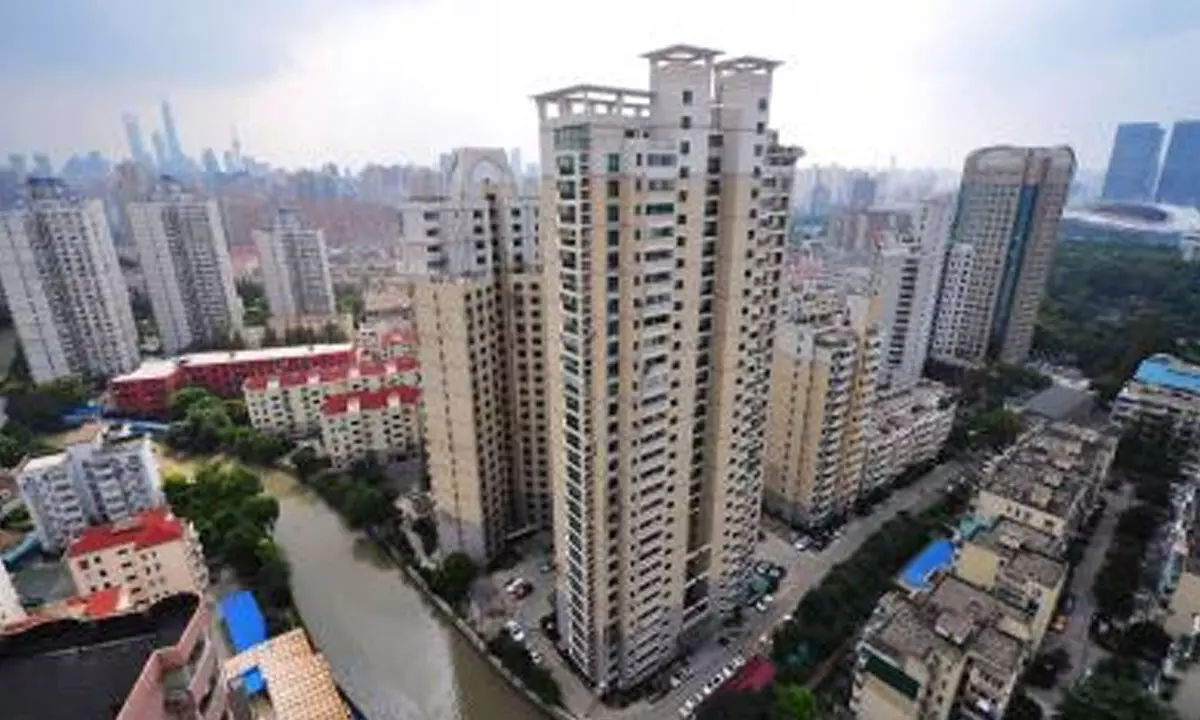Live
- Rekhachithram Review: An inventive thriller that blends nostalgia and mystery
- India Open 2025: Indian challenge ends as Satwik-Chirag go down in semi-finals
- Israel intercepts missile fired from Yemen toward Red Sea's Eilat
- Pravinkoodu Shappu Review: Pravinkoodu Shappu impresses with its visuals and performances but doesn't fully fulfill its potential
- Do not breach party discipline, No loose talk about party positions -Bhandari
- 'Celebrities and village sarpanch not safe, what about common people': Cong slams MahaYuti govt
- Lebanese President urges Israeli withdrawal from South Lebanon within deadline
- Legacy of NTR Lives On: Tributes Pour in on His 29th Death Anniversary
- 8th International Kite Festival Takes Flight at Mangaluru
- Kho Kho WC: India-W set up final clash vs Nepal with commanding win over South Africa-W






